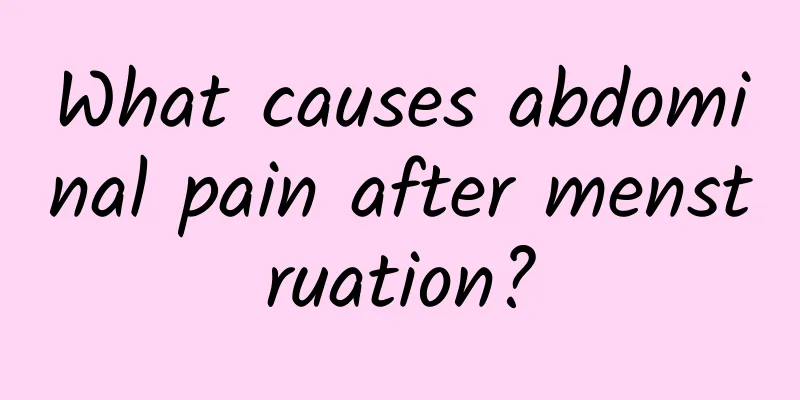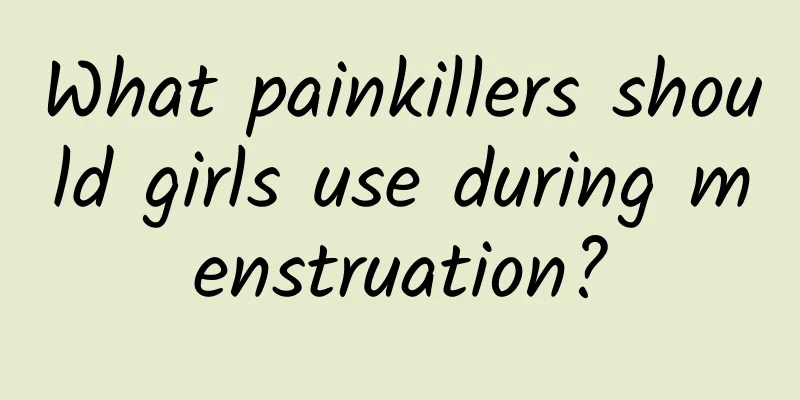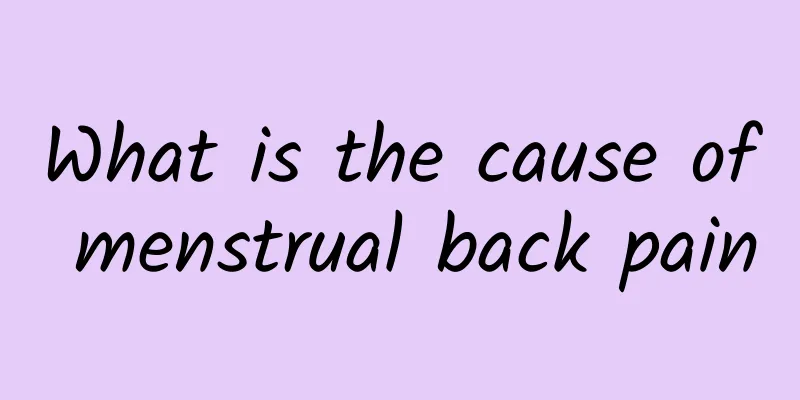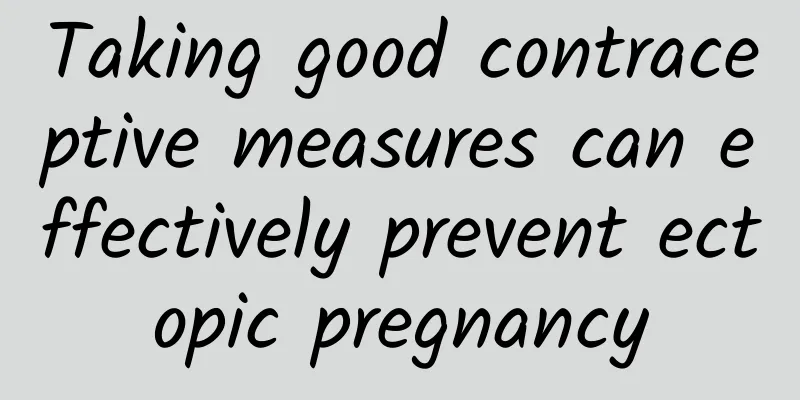What causes abdominal pain after menstruation?

|
Lower abdominal pain after menstruation may be related to gynecological diseases, gastrointestinal inflammation or physiological factors. Understanding these causes can help us better cope with and prevent this discomfort. 1. Gynecological diseases: Lower abdominal pain is sometimes caused by pelvic inflammation, such as endometritis, oophoritis or salpingitis. These diseases are usually accompanied by symptoms such as tenderness, rebound pain, increased vaginal discharge and leucorrhea odor. In severe cases, backache, back pain or anal prolapse may also occur. If you find yourself having these symptoms, it is best to see a doctor as soon as possible to get a professional diagnosis and treatment. 2. Gastrointestinal inflammation: Women's body resistance may decrease after menstruation, which makes them more vulnerable to bacteria and viruses, leading to gastrointestinal inflammation. If you feel pain in your lower abdomen after menstruation and are accompanied by other gastrointestinal discomfort symptoms, such as diarrhea or nausea, consider the possibility of gastrointestinal disease. 3. Physiological factors: Sometimes, abdominal pain after menstruation may be related to some physiological factors. For example, cold abdomen, excessive consumption of raw, cold or irritating food, and bad living habits. These factors may cause abdominal discomfort and pain. In order to avoid this situation, it is recommended to keep warm during and after menstruation, eat less raw and cold food, and maintain good living habits. 4. Relief methods: If you feel pain in your lower abdomen after menstruation, you can try some simple methods to relieve the discomfort. For example, keep your abdomen warm, drink some warm water, try to relax, avoid strenuous exercise, etc. If the pain persists or worsens, it is recommended to see a doctor in time for relevant examinations. 5. Preventive measures: In order to reduce the occurrence of lower abdominal pain after menstruation, you should pay attention to maintaining good living habits and eating habits. Proper exercise can enhance physical fitness and improve resistance. Pay attention to a balanced diet, eat more fiber-rich foods, and avoid eating too much spicy and irritating foods. Understanding the possible causes of lower abdominal pain after menstruation and the corresponding coping strategies can help us better protect our health. If the pain persists or is accompanied by other abnormal symptoms, it is very important to seek medical attention in time. I hope these suggestions can help you better deal with lower abdominal pain after menstruation. |
<<: Will uterine fibroids cause abdominal pain?
>>: Long-term consequences of untreated cervical erosion
Recommend
What are the most common harmful manifestations of painless abortion?
Painless abortion is a common operation to termin...
Physical examination of women is the main method for diagnosing vulvar leukoplakia
The diagnosis of female vulvar leukoplakia is of ...
What is the cause of congenital absence of vaginal bleeding?
Congenital absence of vagina is a common gynecolo...
Easily get slim legs by doing 2 leg stretching exercises
Stretches to firm your thighs and calves. Because...
How to cure vaginal candidal infection?
Vaginal candidiasis is a common gynecological dis...
Will I have an ectopic pregnancy if IUD is inserted?
Will I get an ectopic pregnancy if IUD is inserte...
How to treat ovarian chocolate cyst?
How to treat ovarian chocolate cyst? Ovarian choc...
What can you eat to induce a miscarriage? Don’t eat these 7 common foods
Pregnant women have many food taboos during pregn...
Why do I feel stomach pain and distension during menstruation?
Why do I sometimes feel stomach pain and distensi...
What are the recovery methods for uterine prolapse?
What are the recovery methods for uterine prolaps...
Knowing the cause of acute pelvic inflammatory disease earlier can cure patients earlier
Many women are troubled by pelvic inflammatory di...
Experts explain the relevant knowledge of primary dysmenorrhea
Primary dysmenorrhea is a type of dysmenorrhea wi...
What to do if your abdomen is bloated after abortion
Many women are not suitable for pregnancy for var...
Does chronic cervicitis affect pregnancy in women? Women with chronic cervicitis need to pay attention to the following points when they want to get pregnant
Chronic cervicitis must be treated. If it is not ...
Can eating small, frequent meals help you lose weight? If you can't control your greed, you may end up getting fatter
The saying "eating small and frequent meals ...









